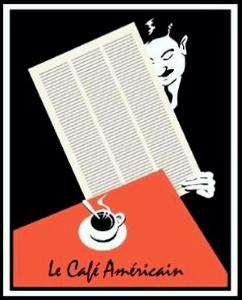 We can heartily praise Alexis Tsirpras for calling bull on the destructive puzzle palace economics thrust on his country by the hypocrites and liars who rule from Brussels. And his finance minister designate, economist Yanis Varoufakis, is surely on the right track when he targets the rent-seeking bankers, big businesses and media operators who have plundered the Greek state for decades.
We can heartily praise Alexis Tsirpras for calling bull on the destructive puzzle palace economics thrust on his country by the hypocrites and liars who rule from Brussels. And his finance minister designate, economist Yanis Varoufakis, is surely on the right track when he targets the rent-seeking bankers, big businesses and media operators who have plundered the Greek state for decades.
Indeed, his pledge that ‘we are going to destroy the Greek oligarchy system’ should resonate throughout the length and breadth of Europe. After all, what has smothered growth, enterprise and hope in the EU is exactly the kind of crony capitalist corruption of economic life and exploitation of the state that had already wrecked the Greek economy – -even before the Trioka administered the coup de’ grace.
So the Syriza Shock is an inflection point. It represents the beginning of the end of unimpeded rule by the elitist apparatchiks who dominate the central banks and the economic policy machinery of Brussels, Washington and London. Overwhelmingly, their half-baked Keynesian and statist solutions have propped up the giant banks, fueled stupendous inflation of financial assets and enabled an era of obscene gambling windfalls to the very rich which is unprecedented in modern history.
But what centrally administered financialization has not done is relieve the middle and working classes from a relentless assault on their living standards or a growing recognition that their voices have been totally muted in the halls of government. So it was only a matter of time before a revolt of the ‘demos’ would materialize; and, needless to say, what could be more supremely fitting than that the insurrection has started in the very land where the demos first found its voice?
This post was published at David Stockmans Contra Corner by David Stockman ‘ January 26, 2015.












Recent Comments